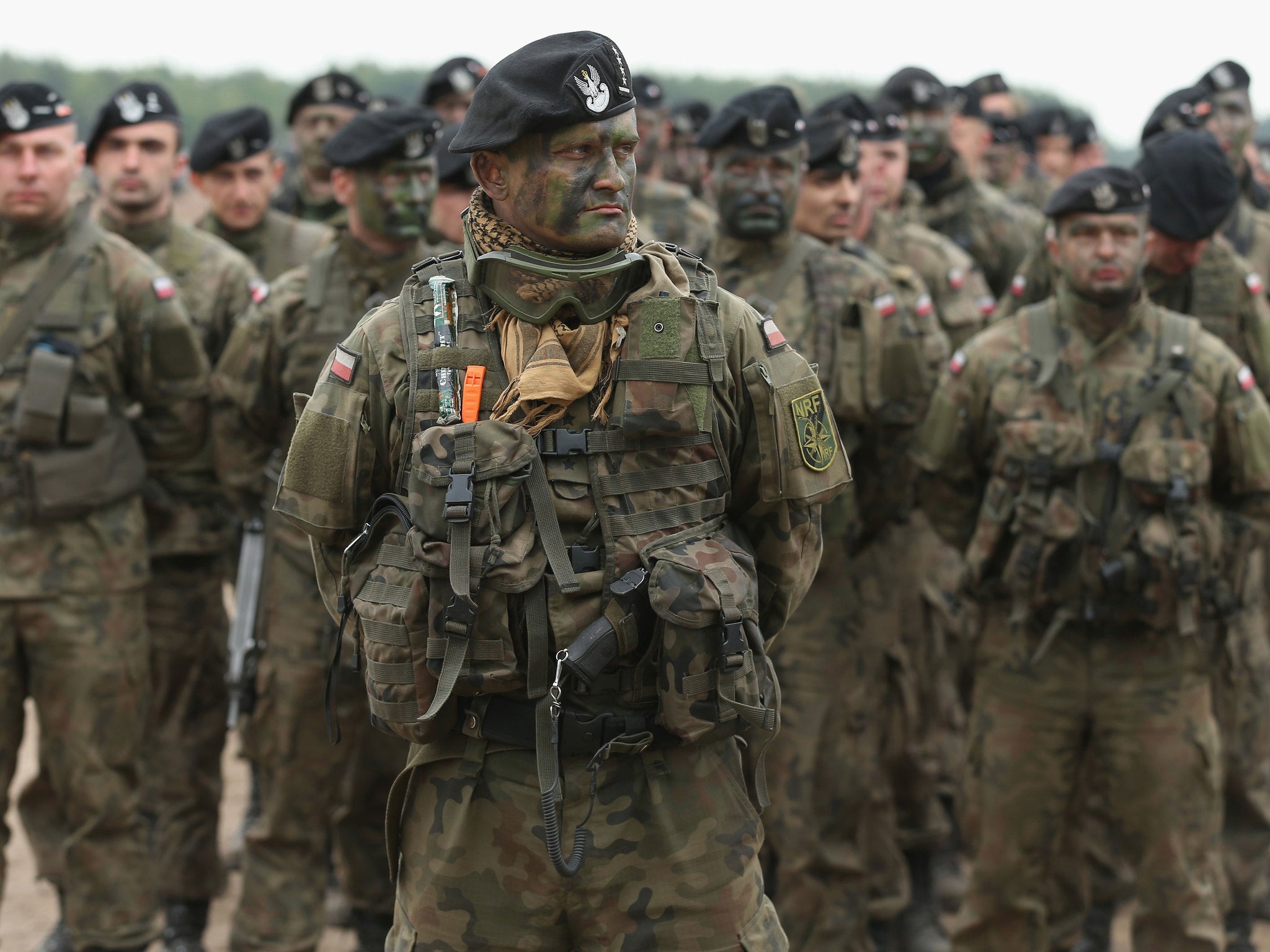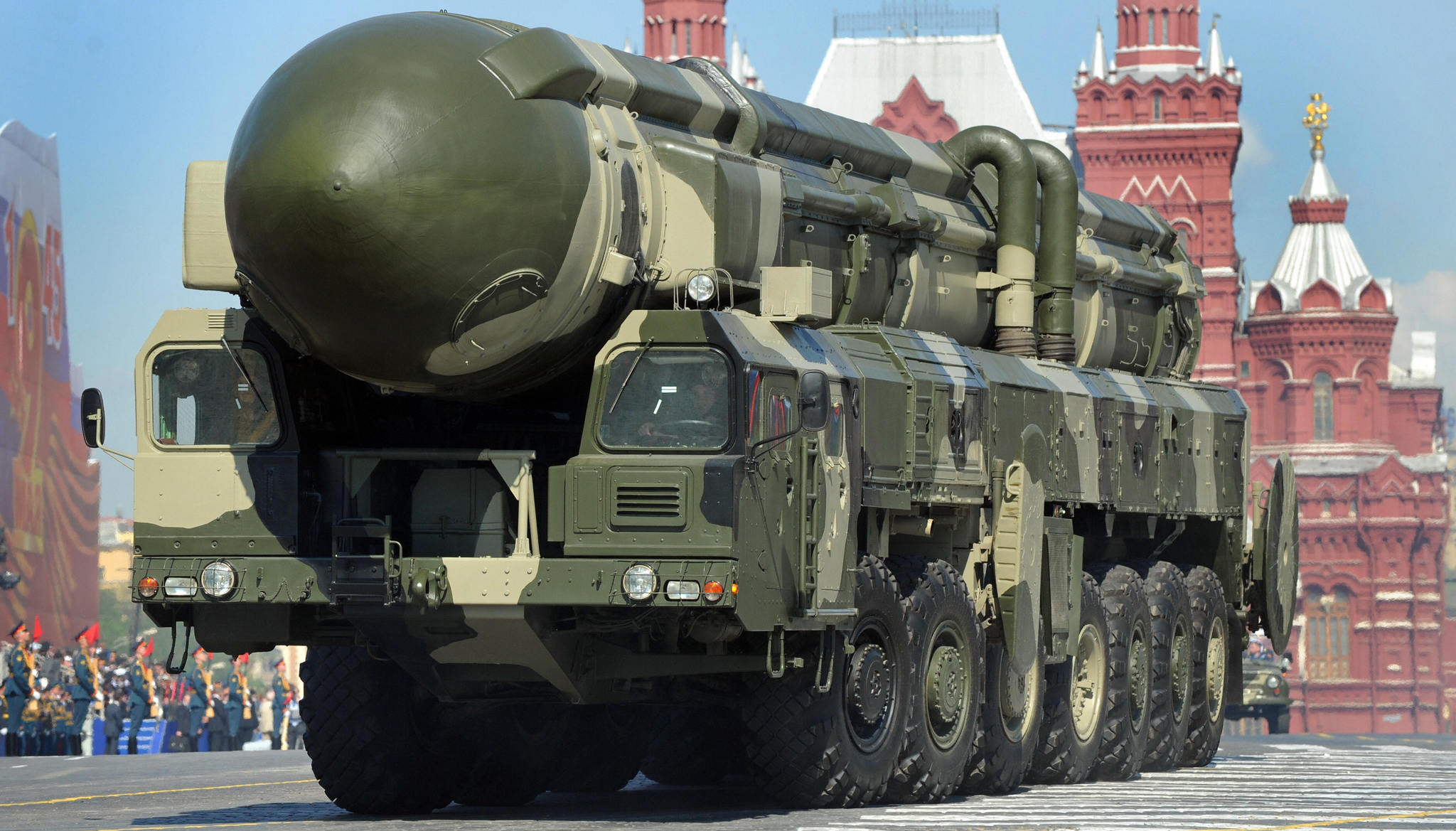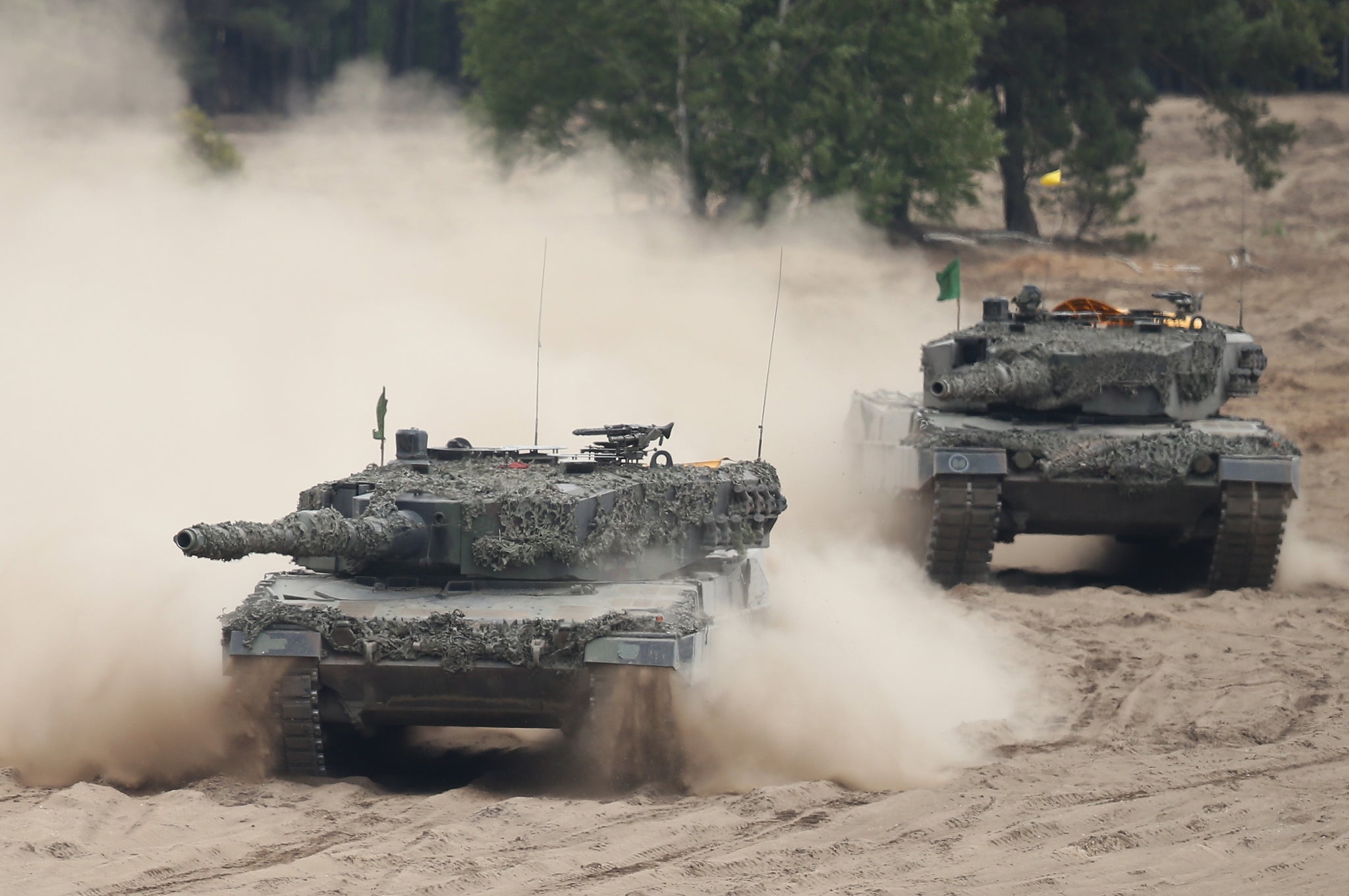Pentagon accuses Russia of 'playing with fire' over nuclear threats towards Nato
The US Deputy Secretary of Defence said that Russia's attempts to intimidate Nato countries had not worked

A senior Pentagon official has warned that Russia is "playing with fire" by suggesting it would threaten the use of nuclear weapons in international disputes, and added that Russia is attempting an intimidation campaign against Nato.
Robert Work, the US Deputy Secretary of Defence, told a House Armed Services subcommittee that Russia was trying to control the escalation of tensions by invoking the threat of nuclear weapons.
He said: "Anyone who thinks they can control escalation through the use of nuclear weapons is literally playing with fire."
"Escalation is escalation, and nuclear use would be the ultimate escalation."
The Kremlin has not made any direct nuclear threats, and Work did not specify and particular comments. However, numerous references to Russia's nuclear arsenal in the last few months by Russian officials have increased tensions between East and West.
In April, leaked notes from a meeting between US officials and Russian generals revealed that Russia mentioned "a spectrum of responses from nuclear to non-military" if Nato moved more forces into the Baltic states.
In a documentary about the annexation of Crimea aired on Russian TV, President Vladimir Putin was asked by the interviewer if he was prepared to put Russia's nuclear forces on alert. He said: "We were ready to do it."
In March, the Russian ambassador to Denmark warned that "Danish warships would be targets for Russia's nuclear weapons" if the country joined Nato's missile defence programme.
Threats and posturing aside, Russia has taken steps to beef up its nuclear arsenal - speaking at a military expo earlier this month, Putin announced the development of 40 new intercontinental ballistic missiles, that would be able to overcome "even the most technically advanced anti-missile defence systems".

The new missiles are not themselves nuclear weapons, but are nuclear-capable, as they will allow Russia to more easily deliver their stockpile of around 3,000 warheads.
In his speech, Work was defiant in the face of the Russian nuclear arsenal.
He said: "Senior Russian officials continue to make irresponsible statements regarding its nuclear forces, and we assess that they are doing it to intimidate our allies and us."
"These have failed. If anything, they have really strengthened the Nato alliance solidarity."
Nato has accused Russia of 'sabre rattling' in recent months, but the alliance have themselves been increasing their military presence in Eastern Europe.
On Tuesday, Nato announced that heavy weapons would be deployed across Europe in an effort to stand up to Russia.
Tanks, artillery, fighting vehicles and thousands of soldiers will be stationed in Estonia, Lithuania, Latvia, Bulgaria, Romania and Poland, in a show of military strength.
US Defence Secretary Ashton Carter told the press: "While we do not seek a cold, let alone a hot war with Russia, we will defend our allies."
Earlier this month, a large Nato military exercise took place in the Baltic Sea, with forces from across the alliance practicing amphibious landings and naval maneouvres.

Some of these exercises took place just a couple of hundred miles from Russia's naval base in Kaliningrad.
As part of the larger exercise, Exercise Noble Jump took place in Poland from 9 June, in a test of Nato's high readiness task force, that is designed to respond to urgent situations.
And yesterday, The Guardian reported that sources and Nato claimed that the alliance was preparing to discuss its own strategy on using nuclear weapons at a meeting in Brussels.
Up for discussion were Russia's threats - with Nato ministers asking whether they should be taken seriously, or whether they are simply rhetoric.
As tensions increase, tit-for-tat exchanges of military force look set to continue.
Join our commenting forum
Join thought-provoking conversations, follow other Independent readers and see their replies
Comments